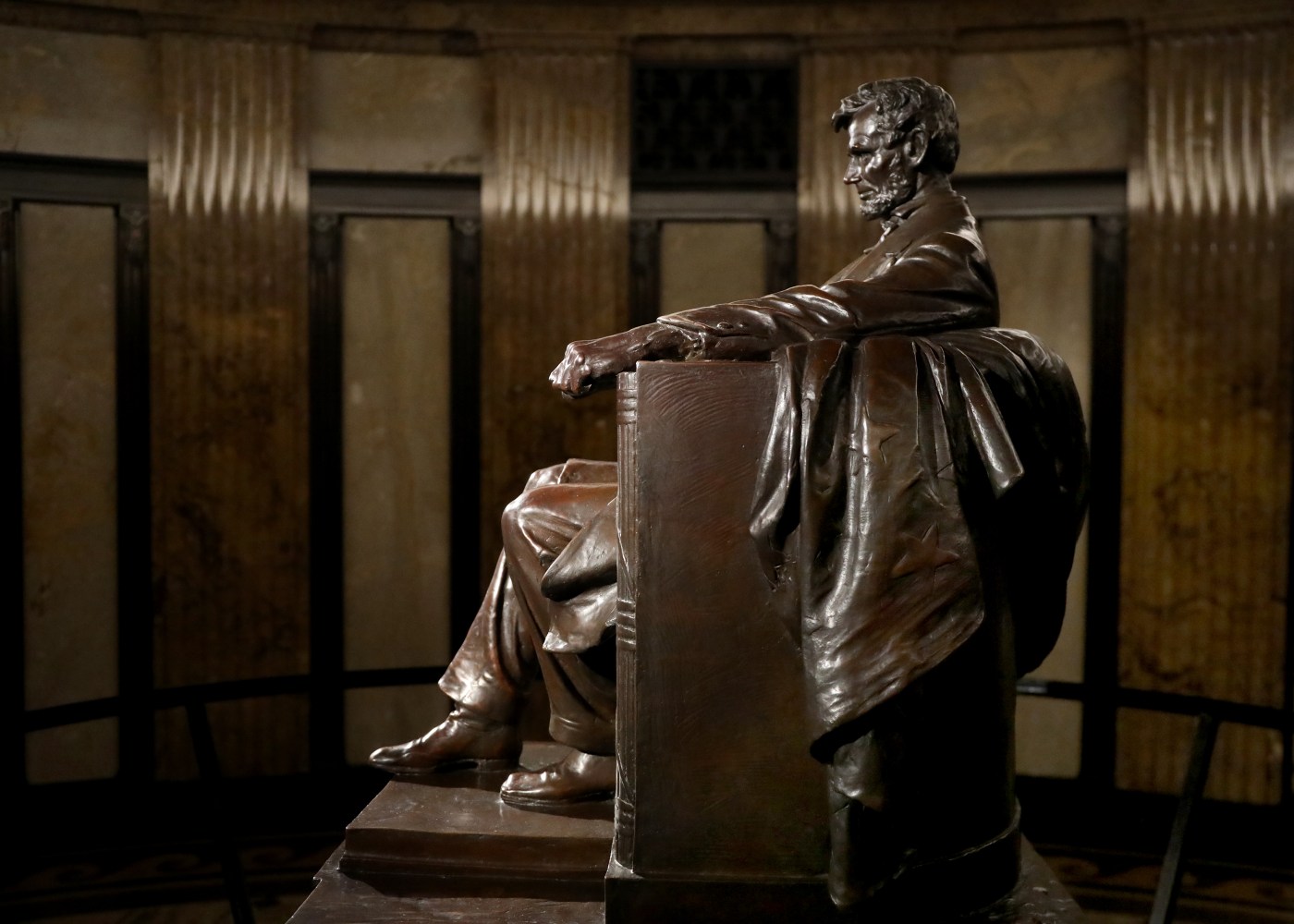Cardinal Blase Cupich emphasized the importance of gratitude as a unifying force in his Thanksgiving message. Reflecting on historical events that shaped the spirit of the holiday, he highlighted two pivotal moments that occurred during times of division and hardship in the United States.
The first story dates back to 1621 in Plymouth, Massachusetts. Following a harsh winter that decimated the early settlers, the Wampanoag people extended their support by teaching the survivors essential agricultural and fishing techniques. This cooperation led to a three-day harvest celebration, marking a brief but significant alliance between two vastly different cultures. The narrative of that first Thanksgiving underscores the life-saving grace of welcoming others and the potential for peaceful coexistence amid cultural differences.
The second story unfolds during the Civil War, in 1863, when President Abraham Lincoln proclaimed a National Day of Thanksgiving. Unlike many proclamations of the time, Lincoln’s message did not celebrate military victories but instead called for unity through gratitude. He urged Americans to recognize their shared blessings, despite the turmoil that surrounded them. This perspective remains relevant today as political discourse continues to fracture communities and families.
As the nation faces polarization over issues such as immigration and government policy, Cardinal Cupich urged individuals to reflect on their shared humanity. He pointed out the real suffering that occurs when families are torn apart by immigration enforcement and economic hardship. People experience the pangs of hunger in a land of abundance, and the temptation to retreat into echo chambers of agreement grows stronger.
In contrast, the historical examples of Plymouth and Lincoln offer an alternative approach. The cardinal suggested that gathering around the Thanksgiving table can become a moment of unity. Instead of focusing on divisive issues, families could share what they are thankful for, creating space for diverse voices—both loud and quiet—to be heard. This practice, he believes, can foster connection and remind participants of their common blessings.
Cardinal Cupich’s message is a call to embrace the spirit of gratitude in a time when division seems prevalent. He proposed that Thanksgiving should not be about ignoring differences but rather recognizing the shared human experience of thankfulness.
By setting aside contentious discussions, families can celebrate together, irrespective of their political affiliations or ideological beliefs. Cardinal Cupich invites everyone to remember that, at their core, they are human beings capable of gratitude, belonging to families and communities that need each other.
This Thanksgiving, as people gather around their tables, they are encouraged to recall the lessons from Plymouth and Lincoln. By focusing on common blessings, they can begin to heal the divisions that separate them. Cardinal Cupich’s hope is that the spirit of gratitude can transform society, shifting the focus from grievance to thanksgiving.
In a world often characterized by conflict, this message resonates deeply. Cardinal Cupich serves as a reminder that unity can emerge from shared appreciation, inviting all to join in recognizing their interconnectedness.
